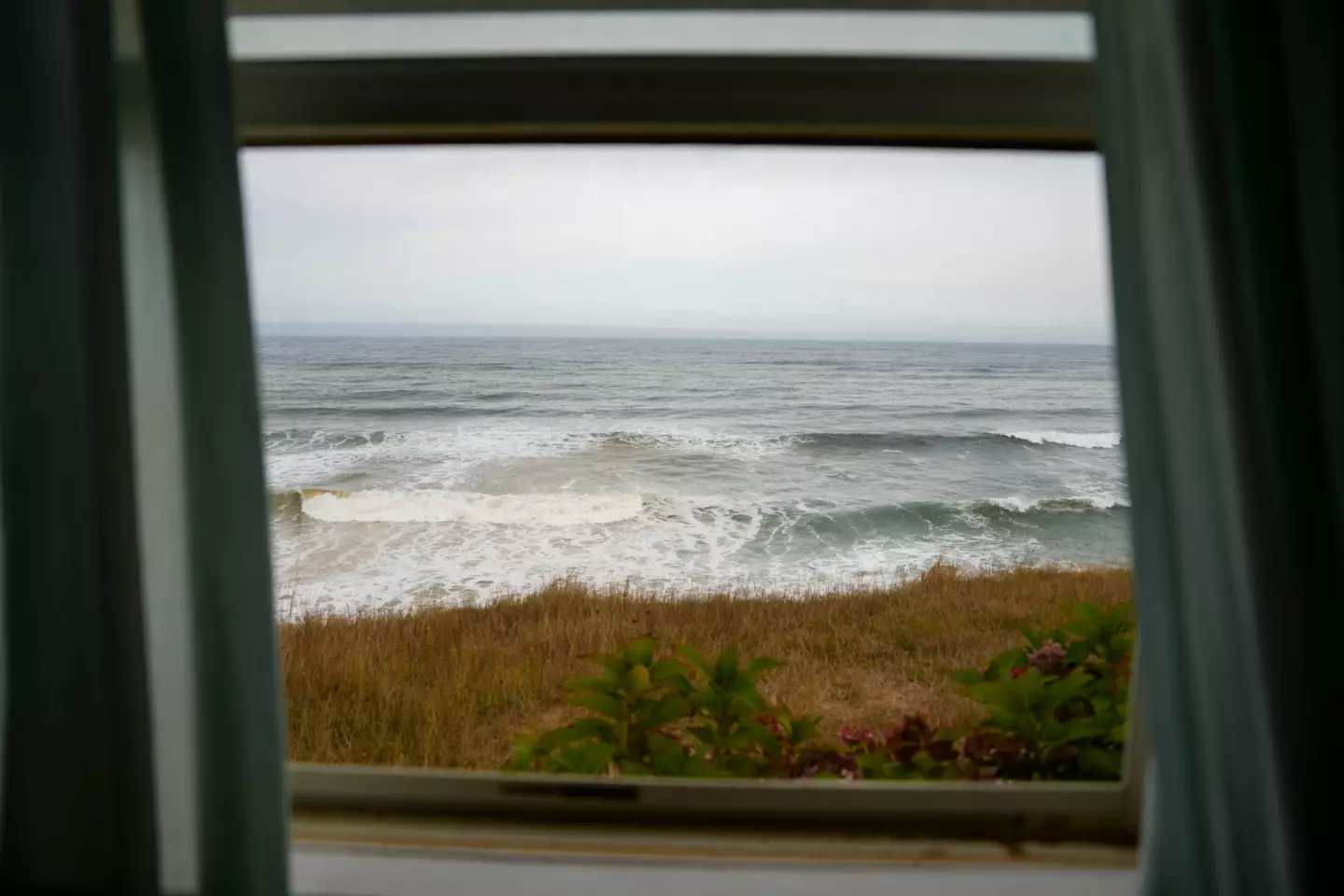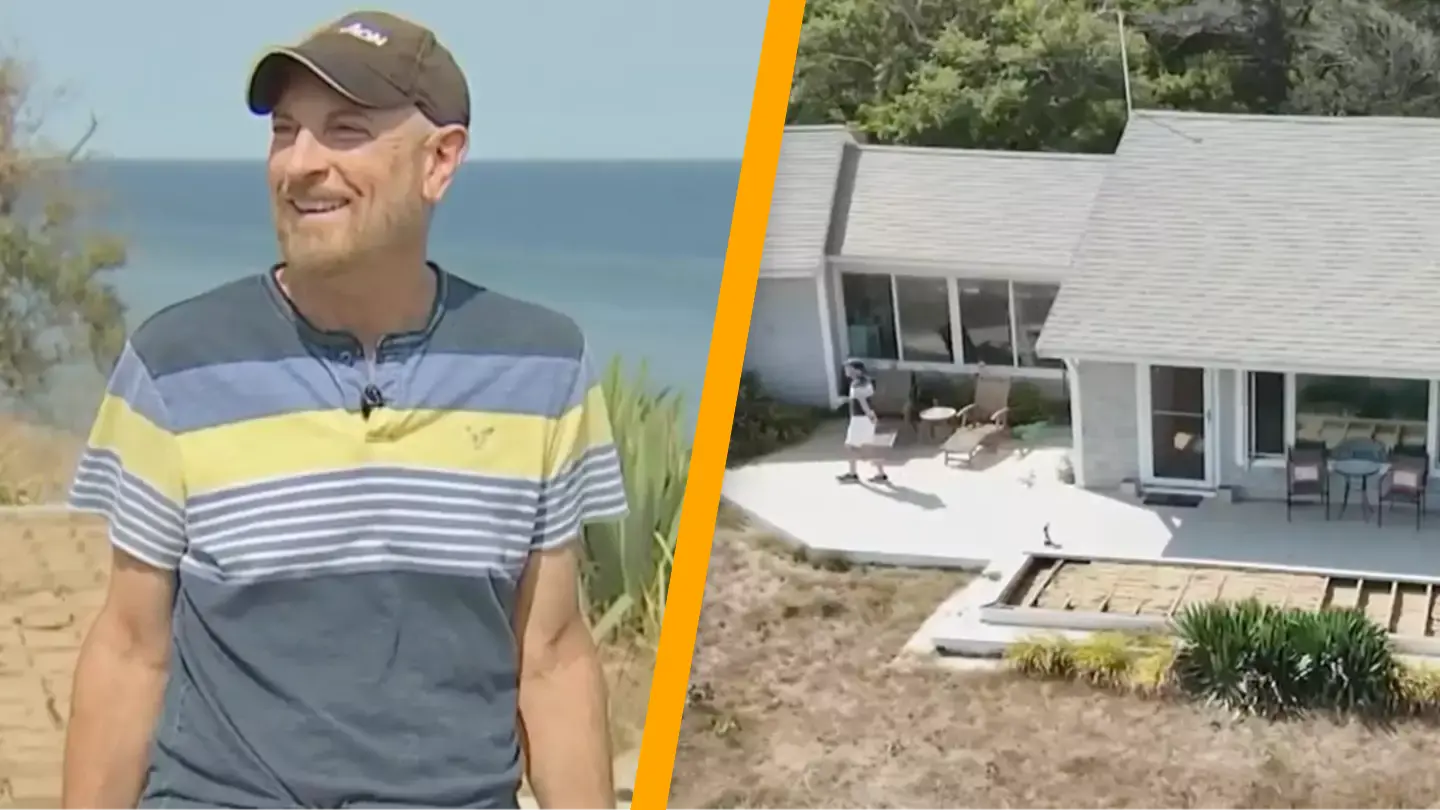A house in Massachusetts hit the market for less than $400,000, but there’s a significant caveat.
David Moot stumbled upon a beachfront property in Eastham, Cape Cod, listed for just $395,000 and couldn’t believe his good fortune.
Initially, the home was listed in 2022 for an astounding $1.195 million. However, its price dropped by 67 percent over two years. So, what’s the catch?
The house is described as “beachfront,” and it truly is, sitting a mere 25 feet (7.6 meters) from the shoreline, according to Bloomberg.
You might wonder what could be problematic about such a close proximity to the sea.
The issue is that the sea might become too close for comfort. The property is at risk of disappearing altogether, and this could happen in the near future.

Earlier this year, a landslide in Dana Point, California, left three mansions precariously perched on the edge of a cliff. Moot’s recent purchase could face a similar fate, possibly within the next decade.
The United States Environmental Protection Agency (EPA) cautions on its website: “U.S. coastal counties face permanent inundation and flooding threats from sea level rise, intense rains, high tide flooding, and severe storms.
“[…] More than $1 trillion worth of property is located within 700 feet of the coast. These properties’ proximity to water bodies may put them at risk of extreme weather events, hurricanes, sea level rise, and high tide flooding. These threats can damage or destroy property or make real estate uninhabitable.”
Stephen Leatherman, a professor and director of the laboratory for coastal research at Florida International University, told The Guardian that around “80 to 90 percent of the beaches” along the east coast are “eroding” with “limited areas” remaining “stable.” He added, “The average [rate of erosion] has been a little over 2ft a year but that’s just an overall average. And Cape Cod […] is more like […] about 3ft or more a year, so any rate, it does catch up with you.”
Moot confirmed to NBC Boston that his front yard had lost about five feet of land due to erosion in roughly 10 months.

Despite the reduced price of the property, Moot will still need to pay around $4,000 a year in taxes and reportedly the same amount in insurance. However, the insurance wouldn’t cover damages caused by erosion.
Nevertheless, Moot remains unfazed about the future of his new home and plans to rent out the property to cover the costs, hoping as many people can “enjoy it as much as [he] can.”
He told the Boston Globe: “Life’s too short, and I just said to myself, ‘Let’s just see what happens’. It’s going to eventually fall into the ocean, and it may or may not be in my lifetime.”
Well, that’s one way to look at it, right?

